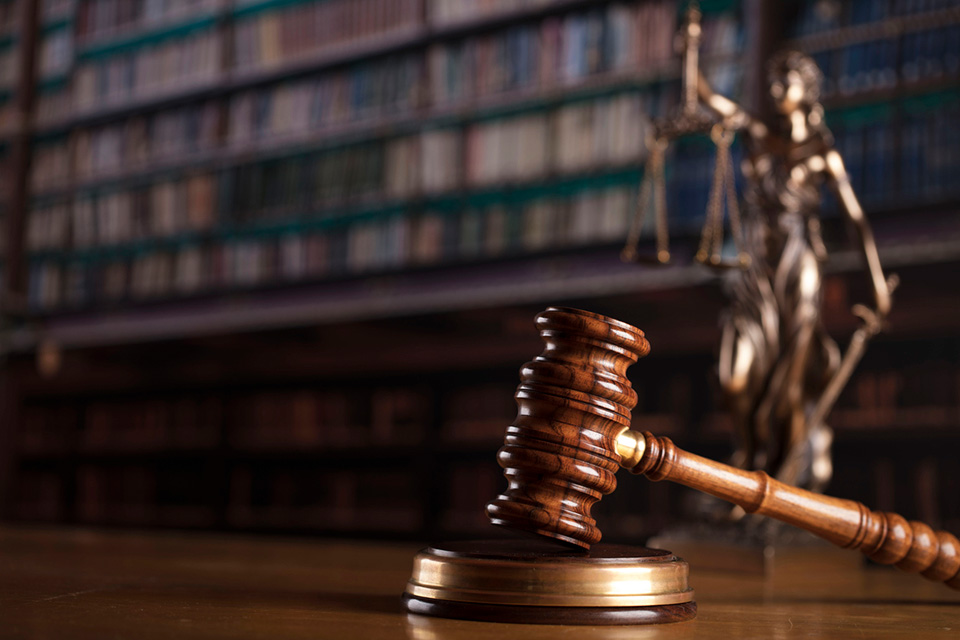Insurance Coverage and Bad Faith
First State Supreme Court Decision Holds No Business Interruption Coverage for Covid Shutdowns
On April 21, 2022, the Massachusetts Supreme Judicial Court affirmed the trial court’s decision that several restaurants were not entitled to business interruption coverage for losses resulting from shutdown orders issued by the Governor.
This is the first state supreme court to issue a decision on this issue.
Claims of three Massachusetts restaurants in the Boston and Cambridge areas for lost business income arising out of the Covid-19 shutdown orders were denied by their insurers for lack of “physical loss of or damage to” the insured properties. The restaurant owners initiated a declaratory judgment action against their insurers to determine the availability of coverage and also asserted claims for breach of contract and unfair and deceptive practices. The trial court found no coverage.
In holding in favor of the insurers, the Court stated that the question is not whether the COVID-19 virus is physical, but rather is whether the virus has a direct physical effect on property that can be fairly characterized as “loss or damage.” The Court held that “direct physical loss of or damage to” property requires some “distinct, demonstrable, physical alteration of the property.” In an effort to establish physical loss or damage, the restaurant owners argued that the suspension of its business activities was caused by the “presence” of the virus on surfaces and in the air at the restaurants. The Court rejected this argument, reasoning that the evanescent presence of a harmful airborne virus that can quickly dissipate on its own or surface-level contamination that can be removed with a simple cleaning cannot be characterized as physically altering or affecting property.
The Court further rejected the restaurant owners’ argument that loss of use or loss of function of the insured property is sufficient to trigger coverage under the policies. Such an interpretation “ignores that the loss itself must be a ‘direct physical’ loss, clearly requiring a direct, physical deprivation of possession.” The restaurant owners were never deprived of possession of their property as they continued to inhabit and use it for other purposes. The Court observed that while the owners could not use their property for in-person or indoor dining, they could still utilize takeout services. As such, without any physical alteration to accompany it, this partial loss of use did not amount to a ‘direct physical loss’ for the purposes of the policies’ insuring agreements.
The Court noted that alternatively, even if the policies were triggered, the policies’ virus exclusions would preclude coverage. Federal court decisions nationwide have already consistently found no coverage for Covid-related business interruption coverage claims. It remains to be seen whether other state supreme courts will follow Massachusetts’ lead and issue similar rulings.
About Us
We’re committed to staying on top of the issues of today and tomorrow, such as the ever-changing landscape involving bad faith, cyber-insurance, and insurance for advanced technology sectors, artificial intelligence players, machine learning companies, and autonomous vehicle manufacturers and users.

Alan S. Miller - Practice Chair
Alan has more than thirty-eight years of experience in complex litigation and counseling, concentrating in the areas of environmental law, insurance coverage and bad faith, and commercial litigation. He chairs the firm’s Environmental and Energy Law practice and the Insurance Coverage and Bad Faith Litigation Practice.
Alan’s environmental law practice has involved counseling, litigation and alternative dispute resolution of matters involving municipal, residual, and hazardous waste permitting and compliance, contribution and cost recovery actions under CERCLA and related state statutes, claims for natural resource damages, contamination from leaking underground storage tanks, air and water pollution regulatory permitting and enforcement actions, oil and gas drilling compliance and transactions, and real estate transactions involving contaminated and recycled industrial sites.

